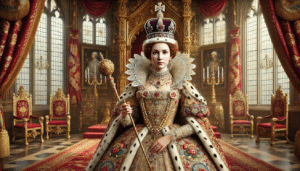Historical Context
The historical context of William Shakespeare’s life and works plays a crucial role in understanding the themes, characters, and writing style that have made him one of the greatest writers in the English language. Living during a transformative period, Shakespeare’s works are deeply influenced by the social, political, and cultural dynamics of his time. By exploring the historical context of his era, we gain insight into how these factors shaped his iconic plays and poems, providing a richer understanding of his literary genius.

Shakespeare and the Monarchy
The political landscape of Shakespeare’s time significantly impacted his writing. Queen Elizabeth I’s long reign (1558–1603) brought relative peace to England, but after her death, King James I ascended to the throne. James, a patron of the arts, supported the theater, and this shift in leadership also affected the themes of Shakespeare’s later works.
Shakespeare’s plays often explore issues of political power, kingship, rebellion, and the consequences of unchecked ambition. Works like Macbeth, Julius Caesar, and Richard III delve into the complexities of leadership, the fragility of power, and the moral dilemmas faced by rulers and their subjects. These political undercurrents in Shakespeare’s plays reflect the turbulent political environment and the concerns of the time.
Shakespeare’s Impact on Drama
Shakespeare lived in a time when theater was undergoing significant changes. The Elizabethan stage was a place where all classes of society mingled, from the wealthy nobility to the working-class groundlings. The Globe Theatre, where many of Shakespeare’s plays were performed, was a symbol of this dynamic cultural shift.
The role of the theater in Shakespeare’s time was not only to entertain but also to inform and provoke thought. Shakespeare’s skillful blending of comedy, tragedy, history, and romance created plays that were enjoyed by all levels of society. His ability to weave complex emotions and universal themes into accessible stories made his work resonate across generations.
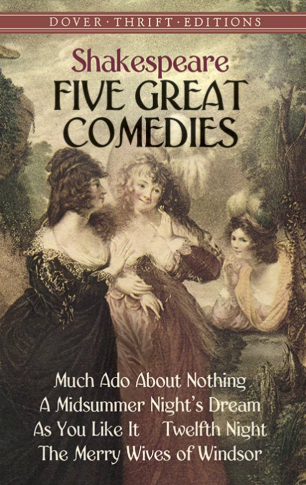
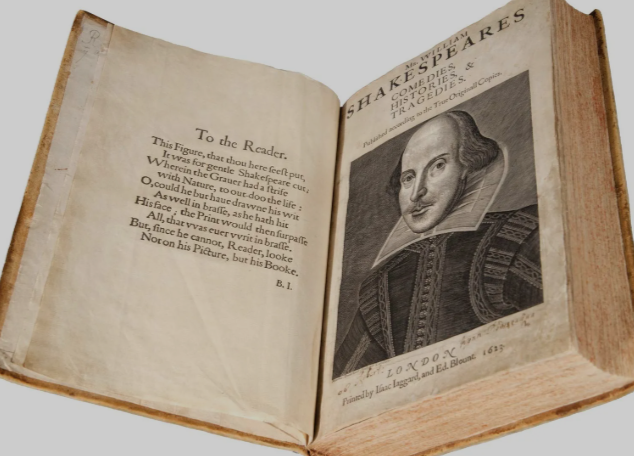
Literary History
Shakespeare was born in 1564 during the reign of Queen Elizabeth I, a period known as the Elizabethan Era. This era is often referred to as the “Golden Age” of English history due to its flourishing arts, exploration, and literature. The Elizabethan Era witnessed the rise of theater as a popular form of entertainment, and Shakespeare played a pivotal role in this cultural phenomenon. The Queen’s patronage and the establishment of public theaters like The Globe provided Shakespeare with the platform to reach audiences from various walks of life.
Shakespeare’s Legacy in Context
Understanding the historical context of Shakespeare’s life helps us to appreciate the richness of his works. His writing was deeply influenced by the social, political, and intellectual forces of his time. Whether exploring the intricacies of political power, delving into the depths of human emotion, or commenting on social structures, Shakespeare’s work remains timeless because it speaks to the human experience in ways that continue to be relevant today. By examining the historical backdrop in which he wrote, we gain a deeper appreciation for the lasting impact of his plays on both literature and society.
All Historical Context Related Post
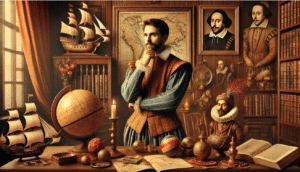
The Influence of Elizabethan Exploration on Shakespeare: How Global Discoveries Shaped His Plays
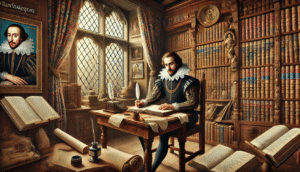
The Influence of Elizabethan Exploration on Shakespeare: A Journey Beyond the Stage

Shakespeare’s Role in Shaping Historical Narratives: A Legacy of Storytelling
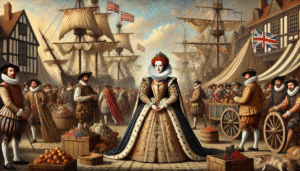
Elizabethan Economics and Shakespeare’s Plays: The Interplay of Money, Power, and Drama
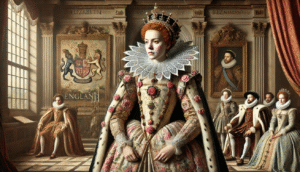
Unraveling Shakespeare’s Engagement with National Identity in His Works
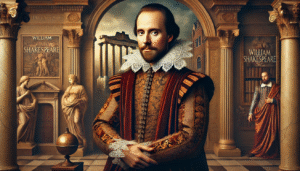
The Significance of Shakespeare’s Historical Settings: Exploring Time and Place in His Masterpieces
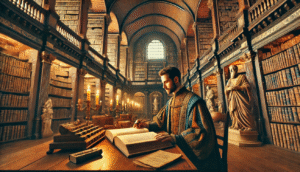
How Elizabethan Societal Changes Shaped Shakespeare’s Timeless Works
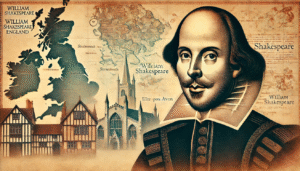
How the Impact of Historical Events Shaped Shakespeare’s Plays and Legacy
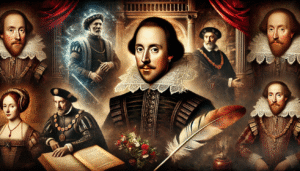
Unveiling the Truth Behind Shakespeare’s Portrayal of Historical Figures
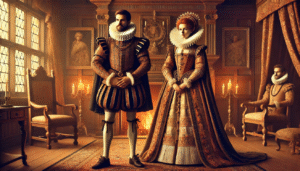
The Role of Gender in Shakespeare’s Time: A Glimpse into Elizabethan Society
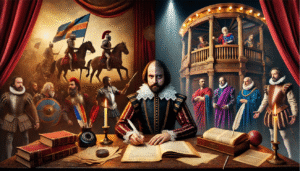
Shakespeare’s Historical Accuracy and Dramatic License: Balancing Fact and Fiction
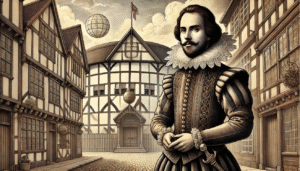
Exploring the Influence of Elizabethan Laws on Shakespeare’s Writing Style and Themes

The Politics of Power: Shakespeare’s Views on Elizabethan Governance
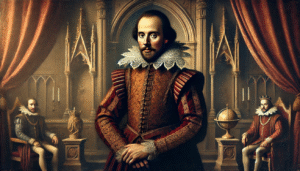
Shakespeare’s Reaction to Political Unrest: Insights from the Bard’s Most Controversial Works
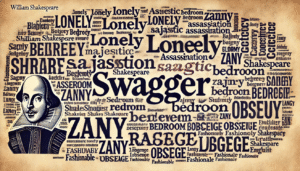
The Cultural Significance of Shakespeare’s Plays: Exploring Their Timeless Impact
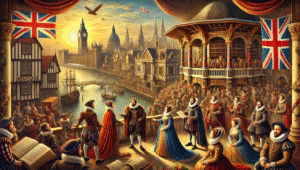
Shakespeare’s Engagement with Historical Themes: Exploring the Past Through the Bard’s Plays
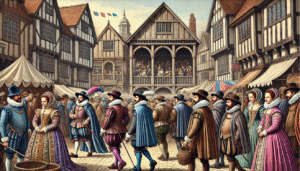
How Elizabethan Attitudes Towards Theatre Shaped the Renaissance Stage
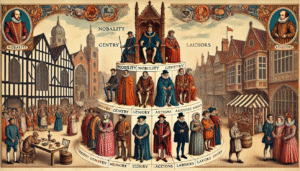
Exploring Shakespeare’s Portrayal of Social Classes: A Deep Dive into His Social Commentary
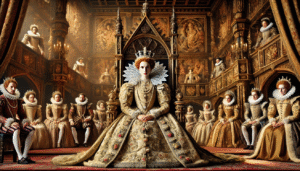
The Impact of the Monarchy on Shakespeare’s Works: How Royal Power Shaped the Bard’s Legacy
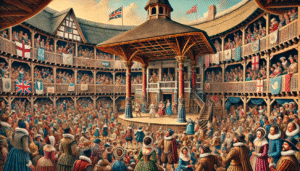
Shakespeare and the London Audience: The Birth of Modern Theater
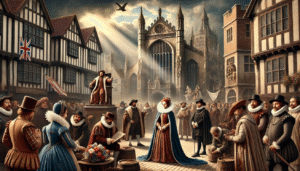
How Shakespeare’s Reflection of Social Issues Shaped Literature and Society
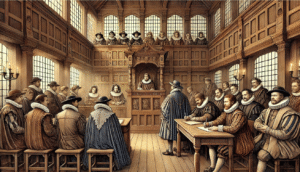
Elizabethan Law and Its Influence on Shakespeare’s Characters and Conflicts
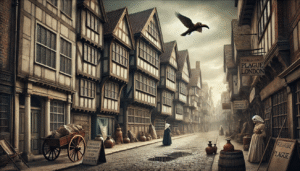
The Impact of the Plague on Shakespeare’s Works: How a Pandemic Shaped a Literary Genius
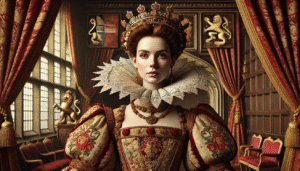
Shakespeare’s Response to Contemporary Events: A Reflection of His Times
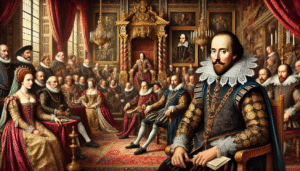
Shakespeare’s Depiction of Elizabethan Politics: Power, Intrigue, and Influence
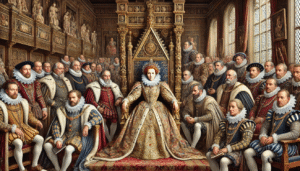
Shakespeare’s Depiction of Elizabethan Politics: A Mirror of Power and Propaganda
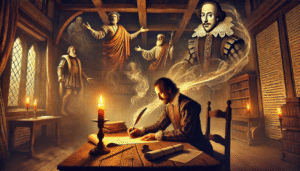
Shakespeare’s Representation of Historical Events: How His Plays Shape Our Understanding of the Past
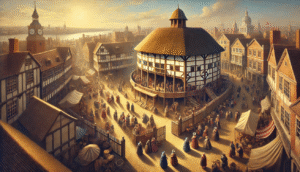
The Globe Theatre’s Historical Significance: A Journey Through Time and Art
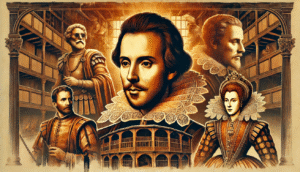
Shakespeare’s Place in Historical Narratives: Bridging Drama and History
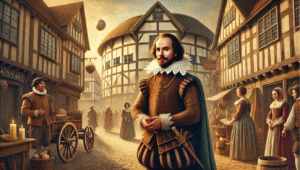
Shakespeare’s Place in Historical Narratives: How His Works Shaped the World
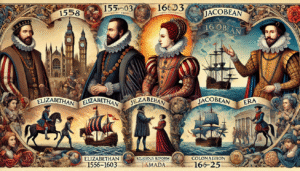
Unveiling Shakespeare’s Interaction with Historical Figures: Truth, Myth, and Influence
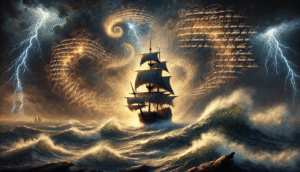
Stormy Seas and Sonnets: The Impact of the Spanish Armada on Shakespeare’s Era
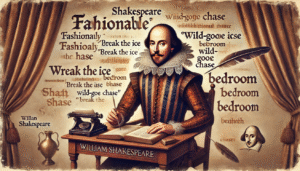
The Role of Shakespeare in the Rise of the English Language and Modern Culture

How Elizabethan Norms and Values Shaped Shakespeare’s Masterpieces
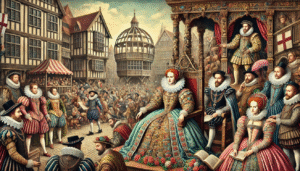
Shakespeare’s Involvement in Theatre Politics: Unveiling the Bard’s Strategic Role in Elizabethan Drama
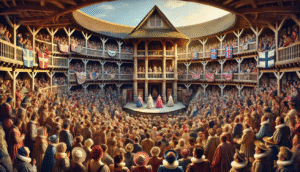
The Role of Theatre in Elizabethan England: A Cultural Revolution on Stage
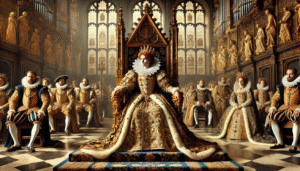
How Shakespeare’s Works Reflect the Complexities of Elizabethan Society
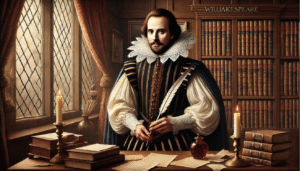
Life and Times: Historical Events in Shakespeare’s Lifetime
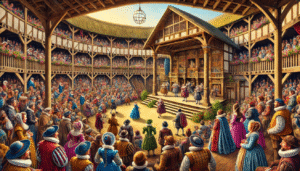
Shakespeare’s Contemporaries in History: The Forgotten Voices of Elizabethan England
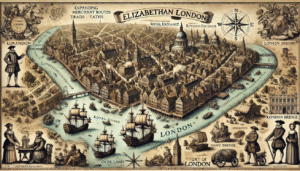
Economic Factors Affecting Shakespeare: The Financial Side of the Bard
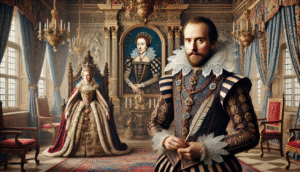
The Impact of Shakespeare’s Role in Elizabethan Culture on Theatre and Society
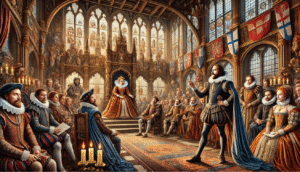
Shakespeare and the Queen’s Court: How Elizabethan Drama Shaped Royal History
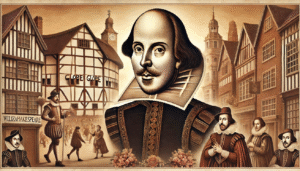
Shakespeare’s Influence on Elizabethan Society: From the Stage to Everyday Life
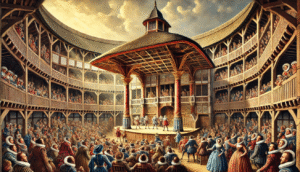
How the Elizabethan Theatre Environment Shaped the Golden Age of Drama
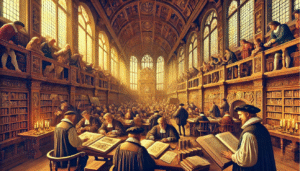
Shakespeare and the English Renaissance: Bridging Medieval and Modern Thought
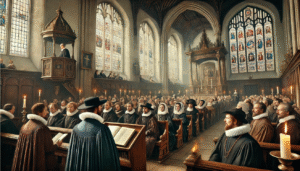
The Role of Religion in Shakespeare’s Life and Literary Masterpieces
